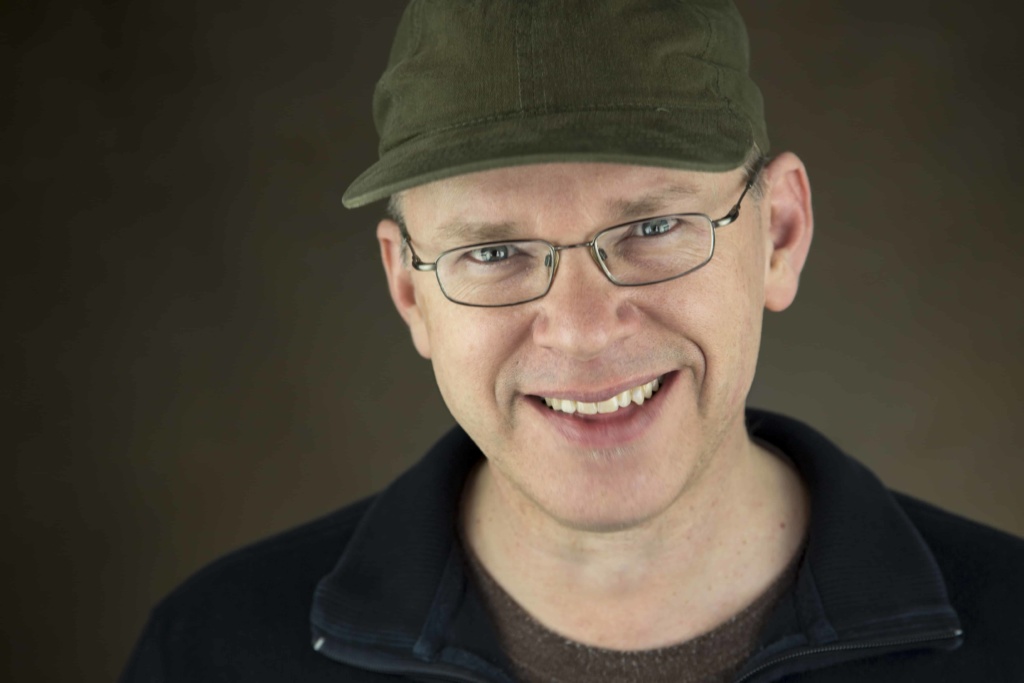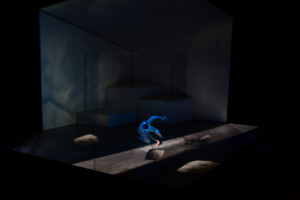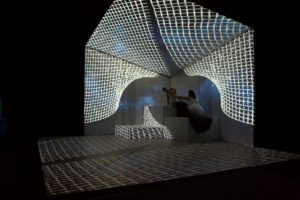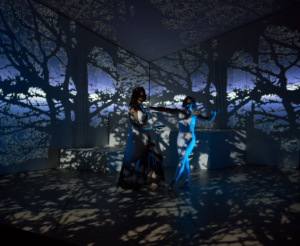Matt Kizer

Like many families, mine was broken, contorted, and messy. Divorces and remarriages left a sprawling family tree of love, hate, drama, and violence. I went out of my way to not be home. I sought immersion and escape, throwing myself into things. I wrote stories. I consumed science. I painted. At 12, I taught myself to program an ATARI 400 in a closet at my school. I liked anything that required my fullest attention. Making things in industrial arts; electronics; programming. I was a cadet in my school’s JROTC program. Hands-down, my favorite place to be was backstage in the theatre. I fit there. Most importantly, the girls there liked me.
After high school, I applied to the local branch of Purdue University. I was accepted into Physics. I loved astronomy, but I spoke about physics as engineering: a good, safe major. Everyone agreed. My family had no artists or academics. My life-plans were about security.
That summer, I got to thinking about a
production I had seen in Chicago. I
wasn’t thinking about the show (it was CATS, back when it was shiny and new). I was thinking about the endeavor, how
grandiose the effort of the scenery and lighting. I reflected on the engineering, the
planning, the creativity, the raw storytelling of the production. Everything I loved was used. This sort of work quite simply not
entered into my practical imagination.
I switched my major to theatre before beginning. No one in my family had completed a bachelors
degree. Switching from science to the
arts was terrifying and thrilling.
I struggled through, paying as I went, often going part-time. I was told so often that I was wasting my
time. For those six years, I designed
at every opportunity for theatres and schools.
Ultimately, I needed to escape the region where I grew up, to redefine myself, and surround myself with
people for whom theatre and the arts were life, not an abnormality.
I was interviewing for many grad programs at once at URTA. I met a crazy number of people and a number of crazy people. One large bunch descended on me like long-lost family: the Ohio State design faculty, including Mark Shanda and Mary Tarantino. For three years, they supported my scattershot, wild interests. Most importantly, they sought to build alumni that are good leaders, good collaborators, and good people, that care about each other.
Brilliant Being will be performed at the PQ on June 13 at 8:30pm at DUP39.



